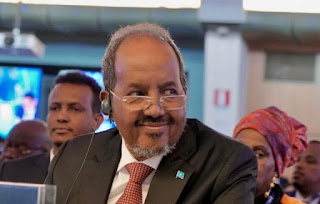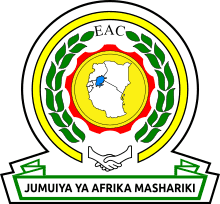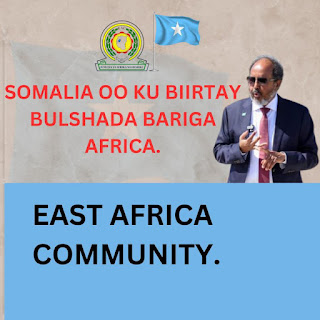WHY DEBT RELIEF IS IMPERATIVE FOR SOMALIA'S ECONOMIC REVIVAL

History of Somalia’s Debt Somalia is in the process of recovering from the aftermath of a prolonged civil war that lasted for over two decades, resulting in widespread devastation to the nation's people, economy, institutions, and infrastructure. The country is gradually making strides in rebuilding its economy and essential institutions, aiming to shift from a state of fragility to one of stability. The upcoming hurdles are significant and demand considerable financial, economic, and technical dedication and assistance. In the 1970s, the growth of foreign debt outpaced export earnings, reaching nearly 4 billion shillings. Part of this debt was from developed nations like the then Soviet Union (US$115 million), China (US$87.4 million), Bulgaria, Russia, and Germany. In March 1984, the government formally agreed to the conditions of a new IMF protracted credit amounting to US$183 million, which was set to span three years. From mid-2015 onward, the Federal Government of Somalia




